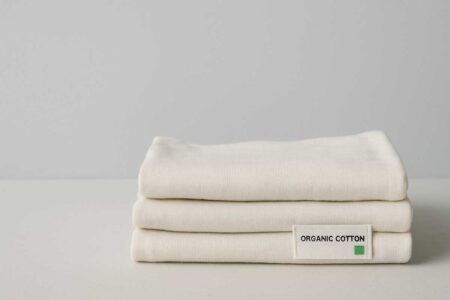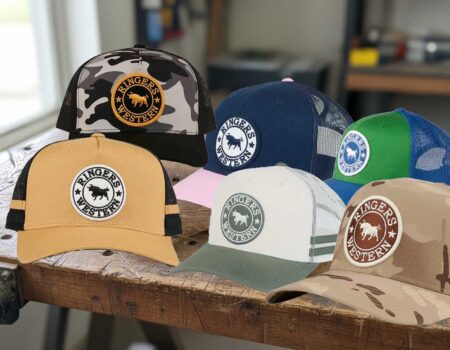You’re clutching a tee with a crooked vinyl logo and wondering if it’s trash. Stop. You can remove vinyl from shirt in under fifteen minutes and save the fabric, and your mood.
Why rescue the shirt?
- Cuts waste and saves money.
- Lets you fix misprints fast if you sell custom tees.
- Opens space for a fresh design.
What you need

| Tool / Supply | Purpose |
|---|---|
| Household iron or heat press | Loosens adhesive |
| Parchment or butcher paper | Protects fabric |
| Plastic scraping card (old gift card works) | Lifts vinyl cleanly |
| 100% cotton towel | Insulates while heating |
| Acetone-free nail-polish remover or citrus adhesive spray | Breaks stubborn glue |
| Mild detergent | Washes out residue |
Step-by-step guide
- Pre-heat. Set iron to medium cotton (no steam).
- Protect. Slide the towel inside the shirt under the vinyl. Place parchment on the graphic.
- Heat in bursts. Press the iron over the paper for 10 seconds. Lift, wait two seconds, press again. Goal: soften adhesive, not scorch fabric.
- Peel a corner. Use the plastic card to flick up an edge. If it lifts easily, keep peeling while reheating small sections.
- Tackle glue ghosts. Dab a cotton ball with citrus spray or acetone-free remover. Blot the sticky area, then rub gently with the towel.
- Wash. Cold cycle, mild detergent, inside out. Air-dry flat.
Fabric integrity check
After washing, stretch the cleared spot between your fingers. If fibers look fuzzy or thin, skip re-pressing another design; wear it as a plain tee instead.
Quick fixes for common hiccups
| Problem | Fix |
|---|---|
| Vinyl won’t budge | Increase heat 10 °F and press again in 5-second pulses. |
| Sticky residue remains | Reapply remover and scrape with card edge; rinse before it dries. |
| Fabric shines | Lay a damp dish towel over the area and iron lightly to relax fibers. |
FAQ
Does acetone bleach cotton?
Pure acetone can lighten dark dye. Stick to citrus spray or acetone-free remover on colored shirts.
Can I reuse the vinyl?
No. Once lifted, the adhesive is done.
Will this method work on polyester?
Yes, but lower the iron to synthetic setting and add shorter heat bursts.
You just saved a shirt from the trash and kept vinyl scraps out of the landfill. Next time a print goes wrong, you already know how to fix it, fast.
Was this helpful?
YesNo






